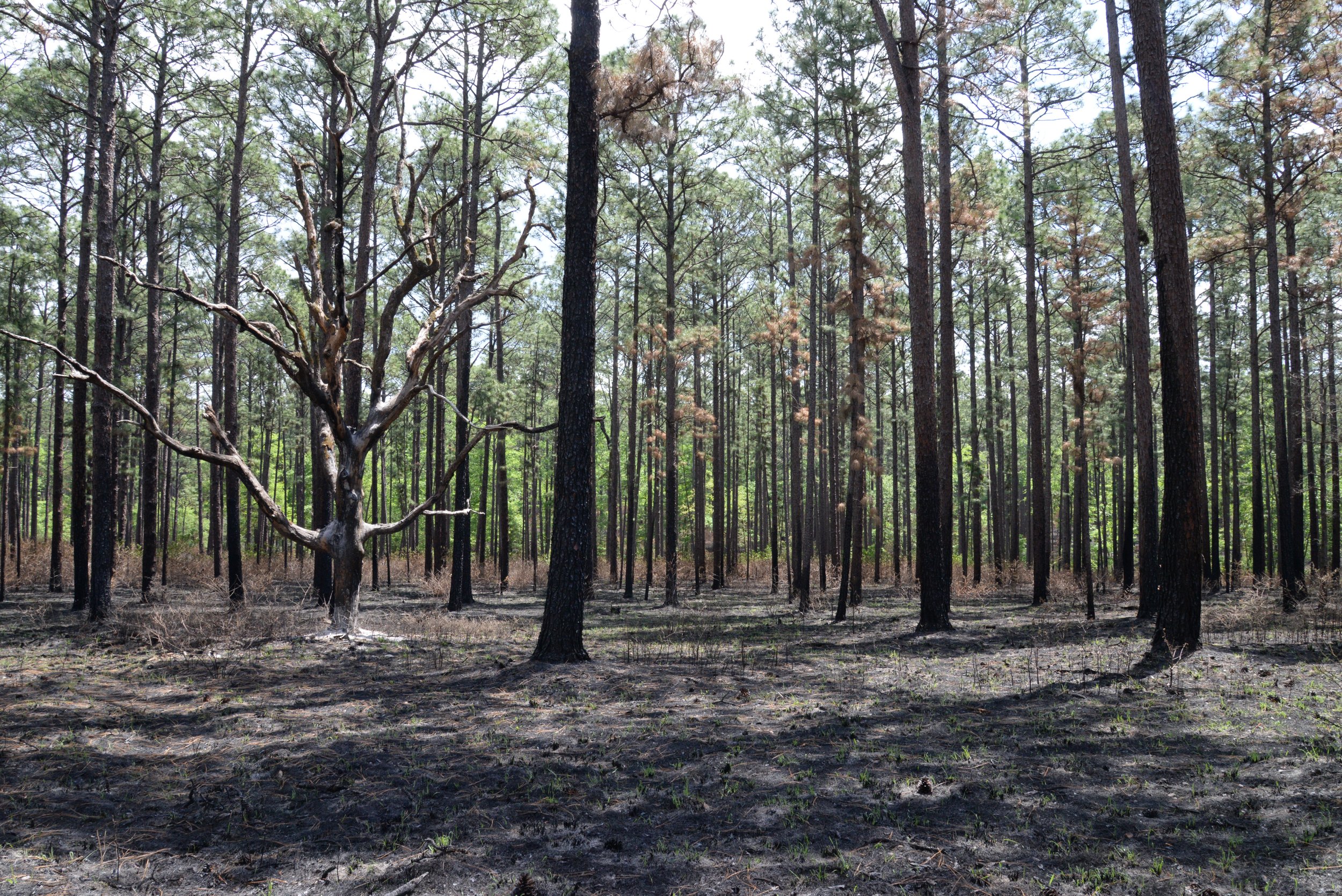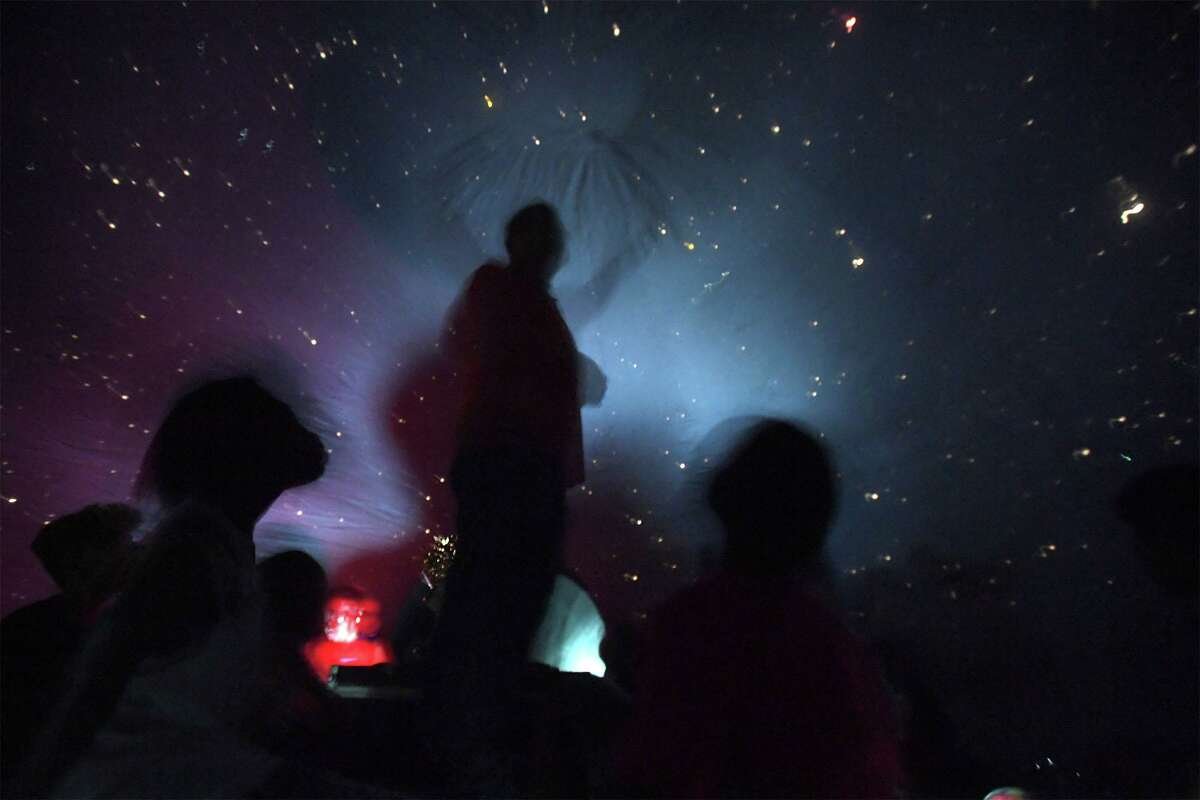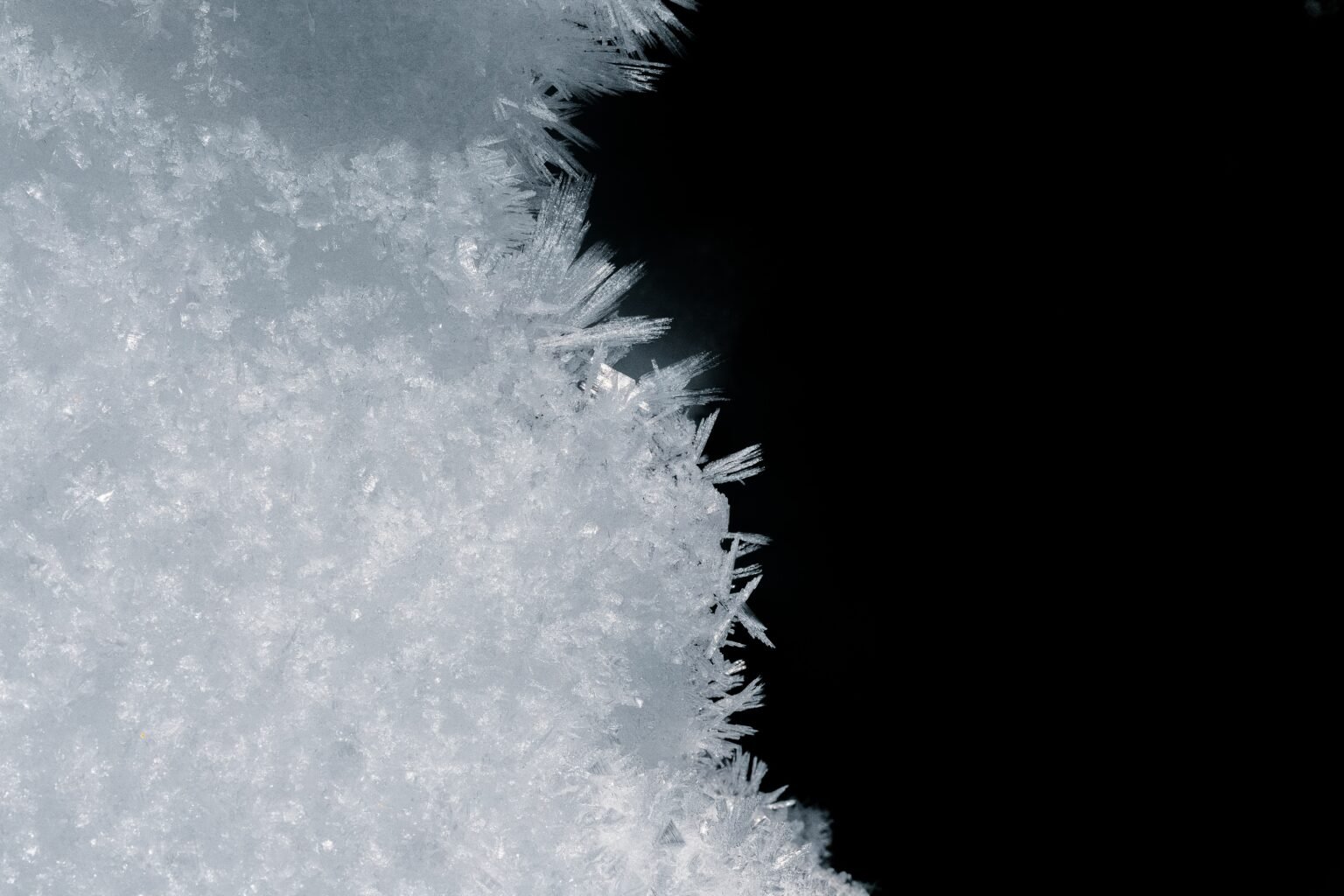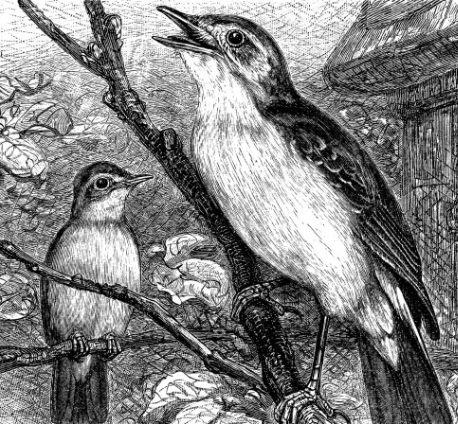“What Survives” at Emergence Magazine
“Haunted places are the only ones people can live in.” —Michel de Certeau
Twenty miles east of downtown Houston, where Buffalo Bayou and the San Jacinto River meet, the Baytown Nature Center sits on a shifting landscape of wetlands and marshes surrounded on three sides by Burnet, Crystal, and Scott Bays. Men toss fishing nets into shallow channels while herons and egrets rummage among the grasses for crawfish. Concrete rubble forms the shoreline; beyond it, flare towers and storage tanks and distillation columns of oil refineries line the horizon as far as the eye can see.
“Sanctuary” at Orion
Deep in the forests of the southern coastal plains are places where trees rise up straight out of the ground, sometimes one hundred feet, their branches splayed all near the crown in a wide, high skirt, with clusters of glossy needles eighteen inches long exploding like fireworks from the hooked end of each branch’s tip. Together, these trees make a canopy that is wispy, airy, loose enough that sunlight touches and illuminates the needles, shining down the trunks and reflecting from the charred bark at the bases, and past that to the ground, to the seedlings that grow underneath like bunches of grass, the long needles clumped together to protect the delicate terminal buds from the fire on which the tree has evolved to depend.
“The Extraordinary Relief of Debt Forgiveness” at Harper’s Bazaar
Late one night, as I was putting my son to bed, I got an email notification on my phone from FedLoan, the federal student debt servicer. The message told me that action was required on my part, that I had received a secure message through its platform. I tried to log in through the app, but I got an error message saying that the service was available only to users with debt balances. This was strange, because the last time I checked, I owed tens of thousands of dollars in student debt. I’ve been making regular monthly payments for 14 years; I expected to be paying on it for 20 more.
“So little changed after Harvey. Can we call what happens next a disaster?” at Houston Chronicle
Almost exactly five years ago I was on the campus of Rice University, teaching my first classes of the semester. I tend to teach in the afternoons, and I took my class outside to watch the eclipse. A few students had brought special cardboard glasses. Some watched the light shining on the ground through pinholes cut in pieces of paper. I realized I could see the crescent shape by looking at almost anything: the shadow cast by my open hand, the space between the leaves on a tree.
That was a Tuesday, and by Wednesday we had turned our eyes to the Gulf of Mexico, where the remnants of a hurricane that had struck Barbados and the Yucatan Peninsula reformed and took aim at the Texas coast.
“Shape of the Wound” at Orion
BEFORE THE STORM, my children and I carried the potted plants indoors. We emptied the linen closet onto the floor and hauled the contents to the yard, where we wrapped the citrus trees in sheets and covered the cactus with a thin blanket. My husband wrapped the trunk of the peach tree in a sleeping bag. That evening, we played a board game and ate stew. My children went to bed excited that—for only the third time in their lives—they might wake up to a little snow.
“What Slime Knows” at Orion
IT IS SPRING IN HOUSTON, which means that each day the temperature rises and so does the humidity. The bricks of my house sweat. In my yard the damp air condenses on the leaves of the crepe myrtle tree; a shower falls from the branches with the slightest breeze. The dampness has darkened the flower bed, and from the black mulch has emerged what looks like a pile of snotty scrambled eggs in a shade of shocking, bilious yellow. As if someone sneezed on their way to the front door, but what came out was mustard and marshmallow.
“How to Mourn a Glacier” at The New Yorker
Along the western edge of Iceland’s central-highland plateau, in the far east of the Borgarfjörður district, the Kaldidalur, or “cold valley,” stretches twenty-five miles between two barren volcanic ridges: the Prestahnúkur system to the east and the Ok volcano to the west. These volcanoes form part of the Mid-Atlantic Ridge, the longest mountain range in the world, which runs under the ocean from Antarctica to the Arctic and into the Siberian Sea. On the valley’s eastern slope, massive glaciers push dolerite boulders down the mountainsides with their shining blue snouts. The western slope rises slowly toward the summit of Ok, a low shield volcano shrouded in mist.
“Men in Power and The Lies They Tell” at Literary Hub
My mother likes to remind me that when I was a child I lied. I lied about my name when I introduced myself to total strangers. I lied about my age. I used a fake ID in high school and college, though she doesn’t know about that. I don’t think she knows that I used to tell my classmates I had been adopted, that my dad was a spy. I told a girl at church camp that I had a younger brother who died. I lied because I thought these lies made me interesting.
“Is Masculinity a Terrorist Ideology?” at Literary Hub
A few weeks ago, on a night when my husband was putting our children to bed, I came across a news headline announcing that a local man had pleaded guilty to murdering his wife and cremating her on a pyre he made from 100 pounds of charcoal. He collected her ashes and left them in a plastic bag on the curb, the story claimed, but when the trash collectors left it behind, he took the bag to work and disposed of it there. The district attorney called the details of the case “disturbing,” especially because there was no history of domestic violence at the home. At least, there was no public record of such a history.
“On Likability” at Tin House
My daughter comes home from school at least once a week and announces to me that no one likes her. She has done something that is too weird, or bold, or has said a thing with which others disagree. She has had to sit alone during lunch or play alone during recess. She even sat on the buddy bench, she tells me, and no one came. At the moment she says or does the weird bold thing, she doesn’t care what anyone thinks or whether they agree or disagree. It’s only afterward, after she has felt shunned, ostracized, and completely alone with her decision that she begins to question it.
“I Want a Reckoning” at the Paris Review
Usually it is a woman who asks the question—always the same question. She sits near the door in the last row of the auditorium, where I have spent the last hour talking about what it means to have been kidnapped and raped by a man I loved, a man with whom I lived. He was a man who, even before the kidnapping, had already violated me in every way you might imagine, especially a man like him. Someone else in the audience asks what happened to the man who did this to me, and I explain how he got away, how he is a fugitive living in Venezuela, raising a new family. This is not the ending anyone expects.
“Will of the Water: Scenes from Hurricane Harvey” at Virginia Quarterly Review
For three days and three nights, the rain falls in sheets, in swirls. It falls in gentle showers and falls sideways and is dumped like a bucket all at once. Tornados spin overhead as thunder and lightning rattle the walls and the roof, and families gather in their closets, squeeze together in the bathtub, pull mattresses over their heads.
“‘Dead Man Walking,’ Revisited: A Prophetic Argument Against Capital Punishment” at The New Yorker
In January of 1982, Sister Helen Prejean became a pen pal to Elmo Patrick Sonnier, a death-row inmate who had been convicted, with his brother, of abducting a teen-age couple from a lover’s lane, raping the woman, and shooting her and her partner in the back of the head... When the date for his execution is set, Sister Helen agrees to become his spiritual advisor. She convinces lawyers to take his case, and meets the parents of his victims, who are eager to see the murderer of their children pay the ultimate price of “justice.”
“Speak Truth to Power” at Longreads
The first time I admit in public to having been kidnapped and raped by a man I used to live with, I am at a nonfiction reading at the university where I work…. One reader goes before me, but I don’t hear a word he says. My hands shake as I hold the book I will read from—still only a galley copy then. My legs nearly buckle underneath me as I stand from my chair. My armpits swim. Bile burns the base of my esophagus. The blood rising to my face tells me that what I am about to do is shameful, embarrassing, wrong. But for 14 years, I have kept a silence. Today I want to break it.
"When We Were Animals" at The Normal School
"There was a time when we lived in a place that was green and alive, where trees grew together in clusters we called forests, where we grew food we could eat right from the soil, where we could swim in the creeks after working in the fields and the water felt clean and cold. We could swim in the rivers, too, protected only by our own skin, and in the lakes we could catch fish that we might cook over an open fire after the sun had set. We would gather logs for this from the forest floor, rub two sticks together until they smoked and then with our breath or a bit of wind, they would catch a flame and burn..."
"It's the DACA Decision, Not Hurricane Harvey, That May Tear Houston Apart" at The New York Times
"HOUSTON — As the floodwaters rose in my west Houston neighborhood after Hurricane Harvey landed, my husband and many of our neighbors pulled boats through waist-high water, knocked on doors and plucked people from their submerged houses. They rescued elderly couples, young roommates, families who do not speak English. There was no checking of IDs, no debate on whether a life was worth saving..."
"The Fallout" at Guernica
"Dawn Chapman first noticed the smell on Halloween in 2012, when she was out trick-or-treating with her three young children in her neighborhood of Maryland Heights, Missouri, a small suburb of St. Louis. By Thanksgiving, it was a stench—a mixture of petroleum fumes, skunk spray, electrical fire, and dead bodies—reaching the airport, the ballpark, the strip mall where Dawn bought her groceries. Dawn could smell the odor every time she got in her car, and then, by Christmas, she couldn’t not smell it. In January, the stench hung in the air inside her home when Dawn woke her children for school every morning. “That was the last straw,” she told me recently..."
"Art in The Age of Apocalypses" at Tin House's The Open Bar
"Lately I have been thinking about what it means to be an artist, and what kinds of responsibilities an artist has to this world in which we live. I have been unable to write for months now, which means I have had a lot of time for thinking. I haven’t eaten. I haven’t slept. I cannot, not with everything I love being destroyed while I lay like a plank in my own bed. Sometimes it seems I may never eat or sleep again..."
"On Mercy" at Guernica
“Nothing can make injustice just but mercy.”
—Robert Frost, A Masque of Mercy
"The sight of the children rattles me every time. They sit around a tiny table in a too-small classroom, the walls stacked high with textbooks and technologies they will never use. The frailest ones wear hospital blankets draped over their shoulders. IV trolleys trail and beep behind them. Chest catheters peek out from under their clothes. One of the older girls wears a loose hijab..."
"Jon Krakauer takes on 'Missoula' in timely study of campus rape" in The Los Angeles Times
"Jon Krakauer has made a career of crafting narratives from investigations into destructive impulses. Well known in the United States and abroad as the author of the 1996 bestseller "Into the Wild" — which explored the disturbing circumstances surrounding the death of Chris McCandless, a 24-year-old from a wealthy East Coast family whose remains were found by a moose hunter in the Alaskan wilderness — Krakauer established himself early on as a master of blending meticulous observation with careful research and stark, compelling storytelling...



















